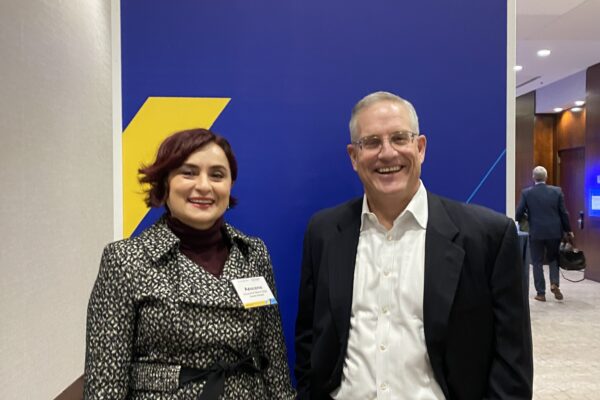11-9-18 PROPOSED REGULATIONS ON INVESTMENTS IN QUALIFIED OPPORTUNITY ZONES
Danielle B. Ridgely, Esq., and Brian S. Roth, Esq.
After much anticipation, on October 19th the IRS issued proposed regulations (REG-115420-18) on how to obtain tax benefits for investments in Qualified Opportunity Zones (“QOZs”). Congress added the new QOZ tax incentive as part of the 2017 Tax Cuts and Jobs Act to encourage private sector investment in low income communities. QOZs have already been designated by state governors and certified by Treasury. All current designations expire on December 31, 2028.
The new law presents two significant tax incentives: deferral and stepped-up basis. Any taxpayer able to recognize capital gains for Federal income tax purposes may elect to defer any or all capital gain from the sale or exchange of any property with an unrelated party if the taxpayer invests the gain in a qualified opportunity fund (“QOF”) during the 180-day period beginning on the date of the sale. A QOF means a domestic entity treated as a partnership or corporation for Federal income tax purposes and organized for the purpose of investing in qualified opportunity zone property (“QOZ Property”) which self-certifies as a QOF. Investments in entities that have not yet certified as QOFs will fail to receive preferential tax treatment.
The gain may be deferred until the earlier of disposition of the investment in the QOF or December 31, 2026. On that date, the amount of gain included in the taxpayer's income depends on the taxpayer's holding period in the investment in the QOF. The taxpayer’s initial basis in the investment is zero. If the taxpayer holds the investment for more than 5 years, the taxpayer’s basis increases to 10% of the deferred gain. If the taxpayer holds the investment for more than 7 years, the basis increases to 15% of the deferred gain. If the taxpayer holds the investment for more than 10 years and elects before December 31, 2047, however, then the taxpayer’s basis will equal the fair market value of the investment on the date of sale. Accordingly, any appreciation after 2026 on the investment in the QOF held for more than ten years will be tax-free.
The QOF must hold at least 90% of its assets in QOZ Property, but the QOF may achieve a 63% holding requirement by using a subsidiary that qualifies as QOZ Property. The property must be purchased after December 31, 2017 and used substantially in a QOZ to qualify. The original use of the property must either begin with the QOF or the QOF must substantially improve the property within 30 months of purchase. If the tangible property is a building, “substantial improvement” is measured based only on the basis of the building and not the underlying land. If the QOF chooses to satisfy the rules by investing its cash in a qualifying subsidiary, then the rules allow the subsidiary business to hold a reasonable amount of working capital for up to 31 months if the subsidiary follows certain guidelines.
Taxpayers have until December 31, 2026, to elect to defer gain using IRS Form 8949. Treasury and the IRS expect to issue further regulations shortly which will address remaining questions.
If you are interested in learning more about investing in or setting up a QOF, or seek guidance on any other tax matter, please contact the authors or a member of the Tax Department at Woods Oviatt Gilman LLP.


